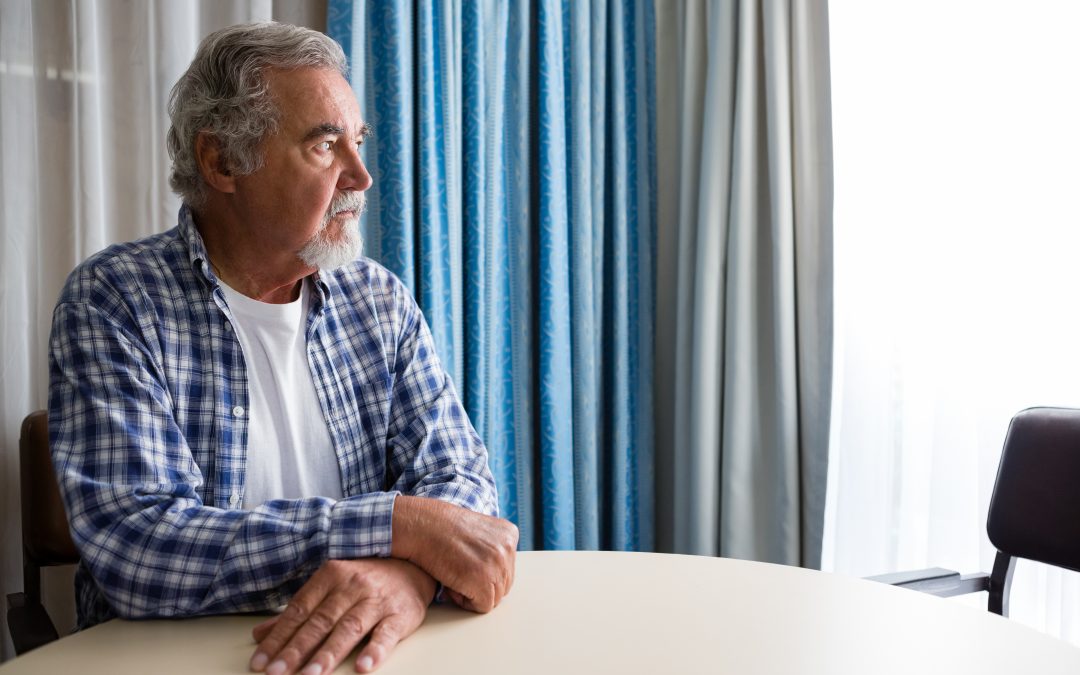Placing an elderly loved one in a nursing home or assisted-living facility is often the best decision, yet it can bring feelings of guilt and worry. Your peace of mind hinges on trusting that they will receive proper care. That trust is shattered when you suspect elder abuse.
Recognizing abuse isn’t always straightforward. Elderly individuals may be reluctant to speak out due to embarrassment, fear of reprisal, or even a lack of awareness. However, knowing the warning signs can empower you to protect them.
Recognizing the Red Flags: Warning Signs of Elder Abuse
Elder abuse manifests in various damaging forms:
Physical Abuse
This includes obvious acts like hitting, kicking, shoving, and burning. It can also be subtle, such as improper restraint (tying to furniture, locking in rooms) or incorrect medication administration. Watch for:
- Unexplained bruises, cuts, scars, or burns
- Broken bones
- Repeated or suspicious injuries
- New and concerning medication side effects
- Visible fear or discomfort around a specific caregiver
Sexual Abuse
This involves any forced sexual activity, including unwanted touching, rape, molestation, stripping, or exposure to pornography. Be alert to:
- Sudden changes in mood or behavior
- Torn or bloody clothing, especially underwear
- Sexually transmitted infections
- Bruises, cuts, or lacerations, particularly on the inner thighs, genitals, breasts, wrists, or ankles
- Vaginal or anal bleeding
Emotional & Psychological Abuse
Though less visible, this abuse is equally harmful. It includes taunting, belittling, yelling, threatening, ignoring, or isolating your loved one from friends and family. Observe for:
- Withdrawal or increased fearfulness
- Sleep disturbances
- Unexplained shifts in mood or behavior
- Signs of psychological trauma like rocking or mumbling
- Depression, confusion, or loss of interest in enjoyable activities
Neglect & Abandonment
This occurs when caregivers fail to meet basic needs (neglect) or leave the elder alone without care (abandonment). Neglect can involve withholding food, water, clothing, or medication, as well as failing to assist with hygiene, dressing, or financial matters. Look for:
- Body odor, dirty clothing, and poor hygiene
- Unsanitary or unsafe living conditions
- Unexplained weight loss or loss of appetite
- Bedsores or skin rashes
- Missing or damaged assistive devices (dentures, glasses, hearing aids, walkers)
Financial Abuse & Healthcare Fraud
This involves the misuse of an elder’s money or property. Caregivers might steal cash, credit cards, or bank information, or forge signatures on legal documents. Healthcare fraud involves overbilling, billing for unnecessary services, or falsifying insurance claims. Watch for:
- Unexplained charges or withdrawals
- Unpaid bills, utility shut-offs, or eviction notices
- Multiple bills for the same service or bills for services not received
- Missing financial statements or legal documents
- Errors on medical or insurance paperwork
- Unexplained waived co-pays or deductibles
Taking Action: What You Can Do If You Suspect Abuse
If you suspect elder abuse, immediate action is crucial. Speaking up could protect your loved one and improve their quality of life.
Begin by talking to your loved one, expressing your concerns and offering support. If they are hesitant to answer or if you believe they are in immediate danger, call 911.
For non-urgent situations or if your suspicions remain despite their denial, contact Oklahoma Adult Protective Services. You can report concerns without concrete proof, and APS will investigate.
Additional resources for support and guidance include:
- The Department of Justice’s Elder Justice Initiative (offers Oklahoma-specific resources)
- The National Center for Victims of Crime’s Financial Crime Resource Center (assistance with financial exploitation)
- FINRA’s Securities Helpline for Seniors (investment and brokerage account concerns)
Lloyd & Lloyd: Your Advocates in Protecting the Elderly
Seeking a legal perspective is always a wise step. Contact the experienced attorneys at Lloyd & Lloyd for a free case assessment to discuss your concerns about potential elder abuse and explore your legal options. We are committed to holding nursing homes and caregivers accountable. Contact us [here] or call us at 917-246-0200 for the answers and support you need. Don’t let abuse go unchecked.

